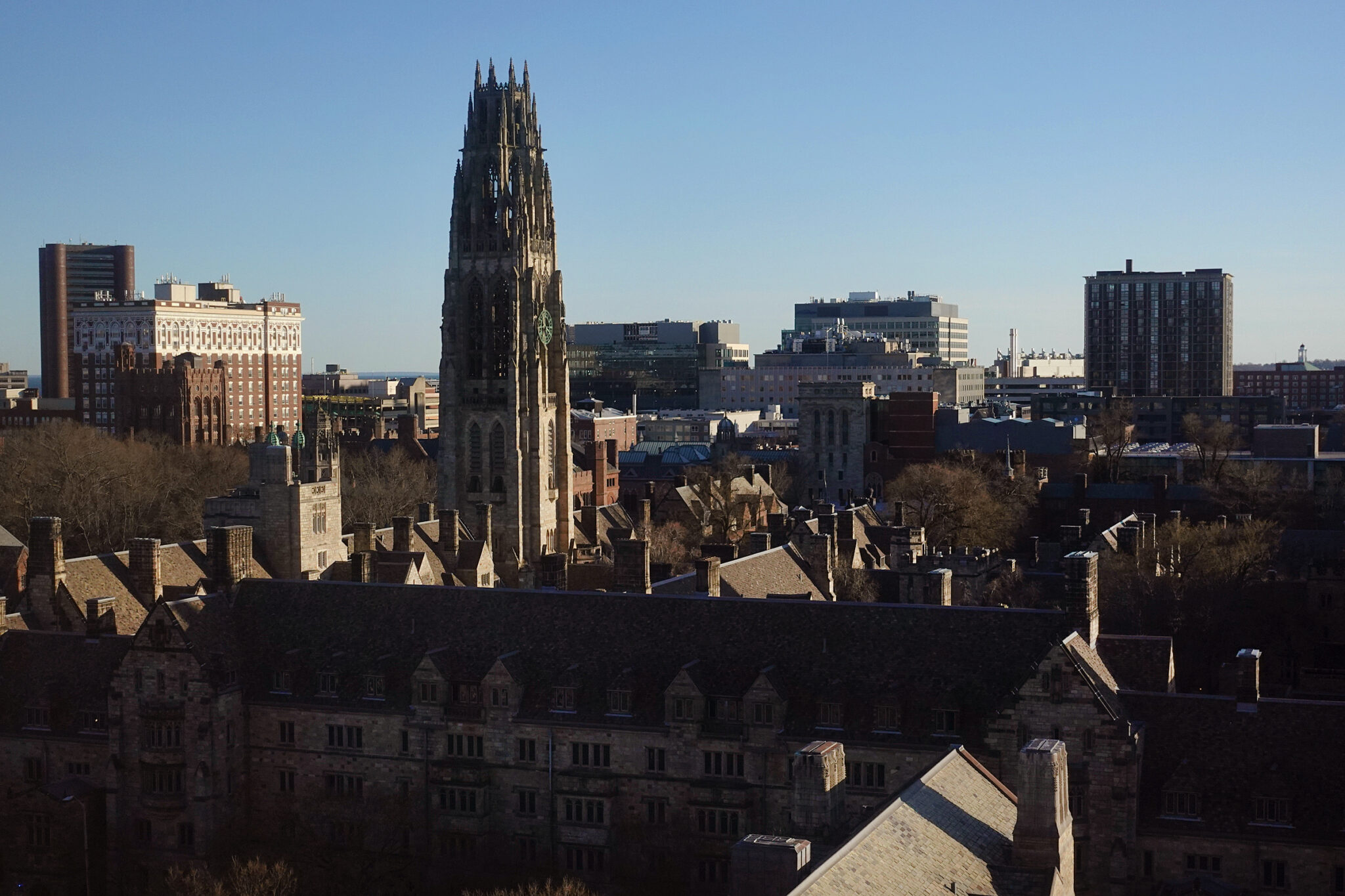‘The Salovey soft touch’: Professors weigh in on Salovey’s tenure, presidential search
Though most professors declined to comment on the University’s ongoing presidential search, those that did praised outgoing University President Peter Salovey while outlining the qualities they hope to see in his successor.

Tim Tai, Senior Photographer
Less than a month ago, University President Peter Salovey announced his intent to step down this summer. The search committee for his replacement will include eight trustees and four faculty members, although the faculty members have not yet been selected.
The News reached out to over 40 Yale faculty members across different departments and asked them to discuss some of the qualities they would like to see the search committee prioritize in the presidential search process. Four professors responded.
“I am hoping a new president will strongly support the humanities and strongly support diversity,” English professor Leslie Brisman wrote to the News. “I hope the next president continues the Salovey soft touch – letting committees help make important decisions.”
Brisman cited three key decisions in which Salovey used his “soft touch” to make an influential decision through diplomatic means: changing the title of “master” to “head of college,” renaming Calhoun College to Grace Hopper and doing away with shopping period.
During his presidency, Salovey began the Arts and Humanities initiative, which has included the refurbishment of the Humanities Quadrangle and the Digital Humanities Lab, and will soon include the construction of a new dramatic and performing arts facility.
History professor Jay Gitlin ’71 also praised Salovey, lauding the “positive spirit” he brought to the job.
Gitlin quoted the historian George W. Pierson — who Salovey himself quoted at the time he accepted the presidency — and told the News that he would like to see Yale preserve Pierson’s vision for the University as “a company of scholars, a society of friends.”
“Yale’s past and its many traditions give this place, this University, depth, character, and meaning,” Gitlin told the News. “I would like to see someone who knows how to honor that deep past and still be forward looking.”
Regarding the search for the next president, psychiatry professor Bruce Wexler wrote to the News that he hopes the presidential search committee will identify candidates from “among senior legal scholars and deans at leading law schools.”
Wexler added that the new president should focus on “maintaining an environment that supports intellectual and scientific risk-taking by faculty across all disciplines.”
Juan Fernandez De La Mora, a mechanical engineering and materials science professor, said he would like the University to choose someone with a background in the sciences.
“Given Yale’s current emphasis in the sciences and engineering, it would be even better if our next President and Provost would both be scientists or engineers,” De La Mora wrote in an email to the News.
Both Salovey, a psychology professor, and his predecessor Richard Levin, an economics professor, have social science backgrounds. The last Yale president associated with the natural or applied sciences was Thomas Clap, who served from 1745 to 1766 and is credited with introducing Enlightenment understandings of math and science into the University’s curriculum.
Levin, who headed the University from 1993 to 2013, declined to comment on the ongoing search.
After ending his tenure as president, Levin served as the CEO of Coursera from 2014 to 2017.







